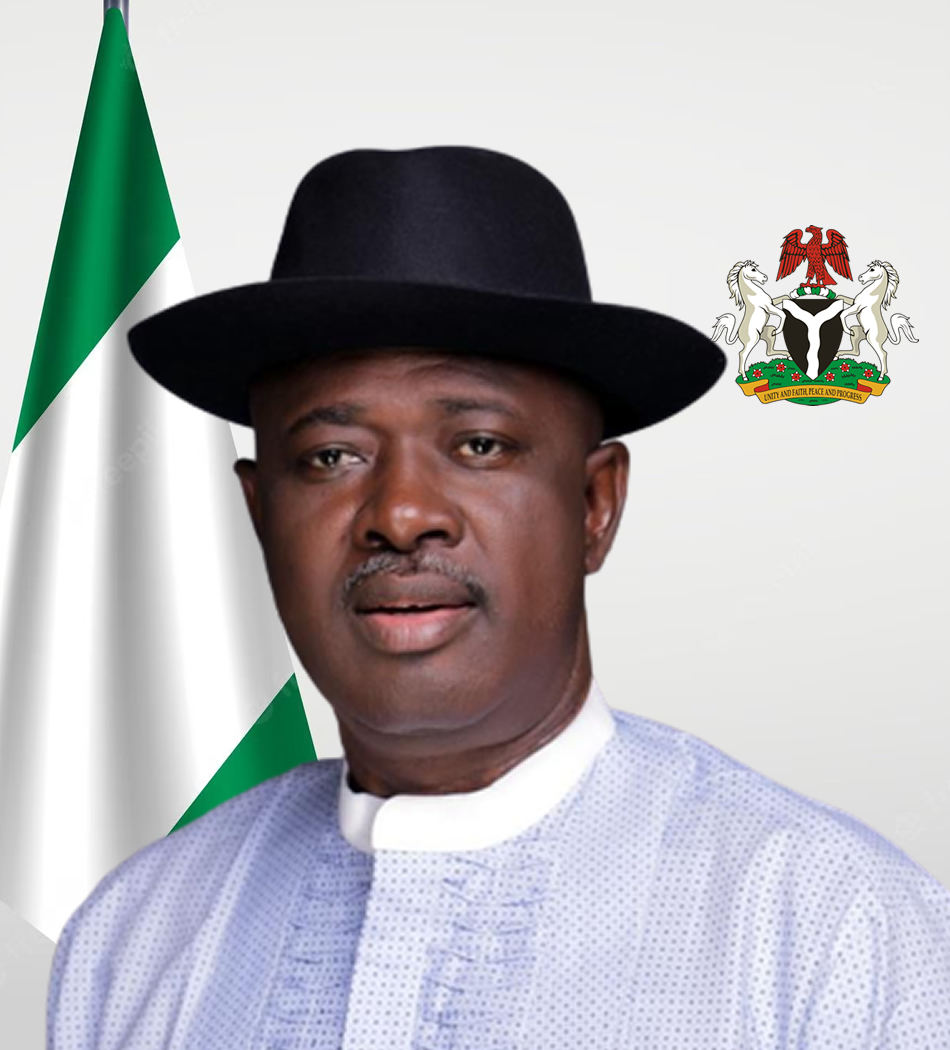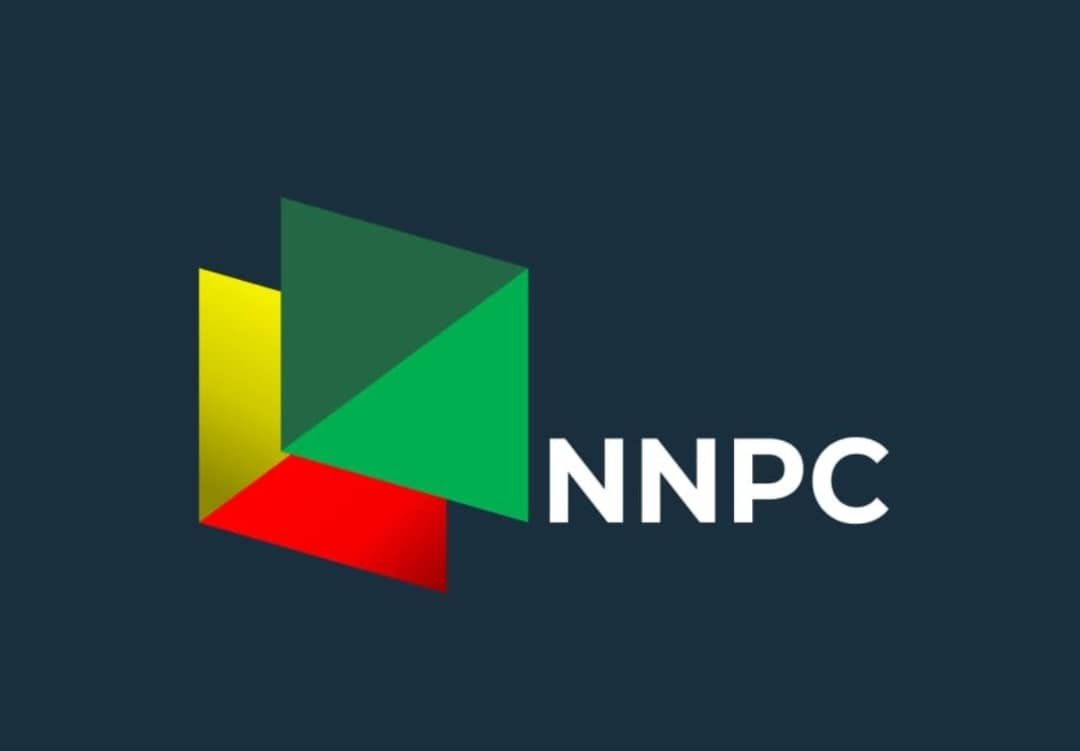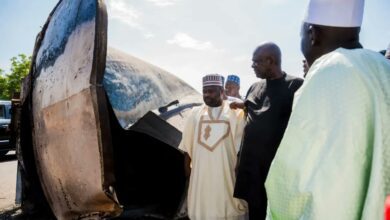‘FG Spent 20% Of Fiscal Budget On Subsidy Payment In 2022’

The Authority Chief Executive of the Nigerian Midstream and Downstream Petroleum Regulatory Authority (NMDPRA), Mr. Farouk Ahmed has disclosed that the country spent over N4 trillion on Premium Motor Spirit (PMS) subsidy in 2022, amounting to about 20 percent of the Fiscal Budget for the year.
Mr. Ahmed disclosed this in his Keynote Address at the Petroleum and Natural Gas Senior Staff Association of Nigeria, (PENGASSAN) Summit on Tuesday.
While acknowledging the social benefits of PMS subsidy in Nigeria, he noted that the fiscal burden associated with its sustenance constituted a significant challenge for the Government’s ability to fund national budgets over the years.
He explained that the financial implication of PMS subsidy rose to over N400 billion monthly which translated to over N4.8 trillion (US$6bn) annually making it unsustainable in the short to medium term.
He also said that Subsidy on PMS hugely impacted government revenues available to all tiers of government leading to the inability of the governments to meet their obligations.
According to him, “the operation of subsidy regime in Nigeria also impacted the pace of development of the midstream sector by limiting refinery design/construction to only products that have been fully deregulated.
“The immense Midstream and Downstream investment opportunity that Nigeria holds can only be optimized in a fully operationalized market-based pricing environment for all Petroleum products”, he said.
Ahmed who was represented by Bashir Sadiq, Executive Director, Corporate Services & Administration, said, the perennial challenge of the fuel subsidy which has over the years encouraged inefficiency, waste, and environmental pollution, has been a major bottleneck to aligning to Sustainable Development
Goals (SDGs) of providing cleaner energy.
He said, “last year alone, Nigeria imported a total of about 23.5 billion Liters of PMS. Our average daily truck out over a period of 8 years stood at over 55 million Liters per day, with a peak of 66.7 million Liters recorded for the year 2022”.
He said the over N4 trillion spent on the subsidy, presented a strain on the fiscal viability of the government and became a major obstacle to inclusive participation in the downstream petroleum sector.
“Hence, on May 29, 2023, payment of subsidy on PMS was ended by the new Administration of President Bola Ahmed Tinubu. This policy decision will facilitate the development of healthy competitive markets and operational efficiency that will promote transparency, private sector investment in the downstream value chain of Nigeria’s Oil and Gas sector”, he added.
According to the NMDPRA Boss, the complete Deregulation of the downstream sector was a regulatory and policy framework that was being implemented across all arms of relevant government organizations in strong collaboration with the private sector.
He assures that transparency across the entire supply chain of the downstream sector has been greatly enhanced and the expected impact of improved midstream sector would be created in the near term through increased domestic refining capacity in Nigeria.
Mr. Ahmed said, the general theme of the summit “Petroleum Industry De-regulation and Gas Utilization for a Sustainable Energy Future in Nigeria” was consistent with the strategic agenda of the Government and leadership of the energy sector.
He said, the implementation of effective policies and regulatory frameworks that ensure transparency in the downstream sectors are critical drivers required to develop a successful sector that will promote investment, deliver energy security, and ensure sustainable economic development for Nigeria.
Ahmed said, while Nigeria is greatly endowed with abundant reserves of crude oil and gas in excess of over 37billion barrels of crude oil and over 206TCF of gas, the preponderance of the produced resources are exported, therefore, the Country needs a very robust Mid and downstream sector to maximize the inherent values that could be derived from these resources.
He said, the Auto-gas and domestic LPG programmes are also being implemented to deepen the utilization of gas in a manner that supports the availability
of cheaper and cleaner alternative energy sources for Nigerians.
“These programmes have a direct linkage to the removal of subsidy on PMS and the Federal Government is collaborating with its partner to provide CNG-powered mass transit vehicles and relevant CNG relevant infrastructures.
“The NMDPRA is accelerating the issuance of all regulatory instruments required to ensure a successful implementation of these policy initiatives”, he said.
The NMDPRA boss said, “the authority is central to ensuring that that all policies being implemented in the mid and downstream markets enjoy optimal regulatory support through the implementation of the various regulatory frameworks reviewed in this speech”.
He emphasized that the Mid and downstream market was being established through key policies and strategic government programmes, that would ensure a sustainable energy future for Nigeria and that the NMDPRA was pivotal in the implementation of all relevant regulatory frameworks required for the sector.
He assures continued engagement and collaboration with the Unions in all relevant areas of Mid and Downstream growth including policy research and capacity development.






